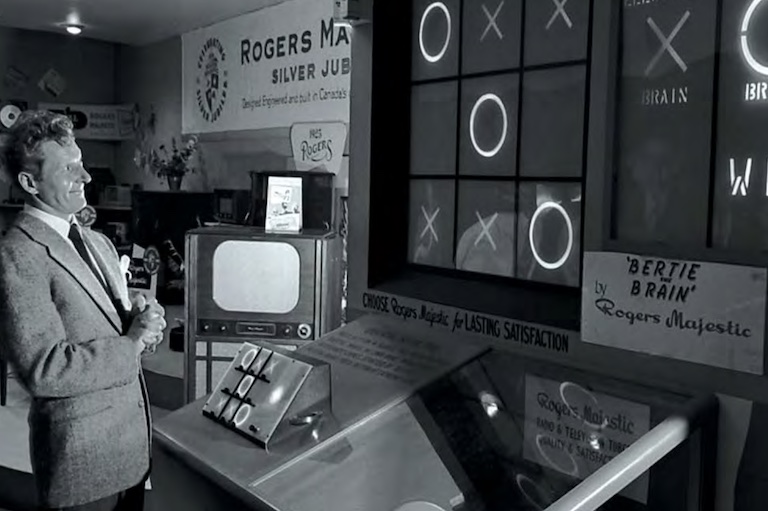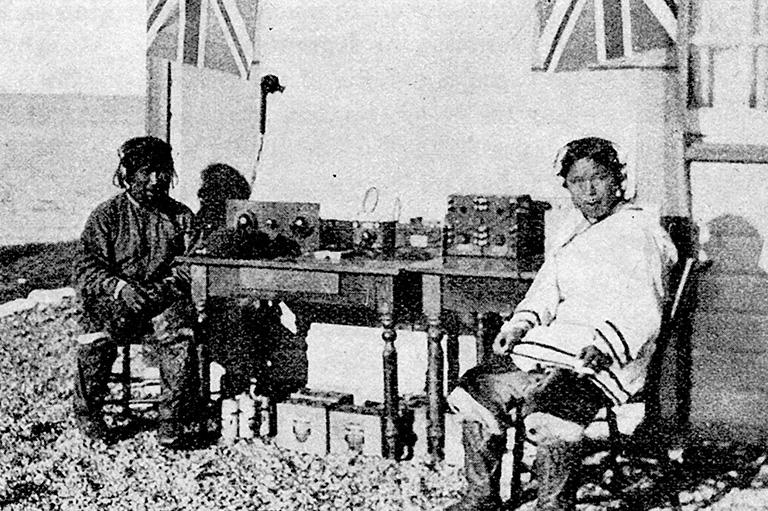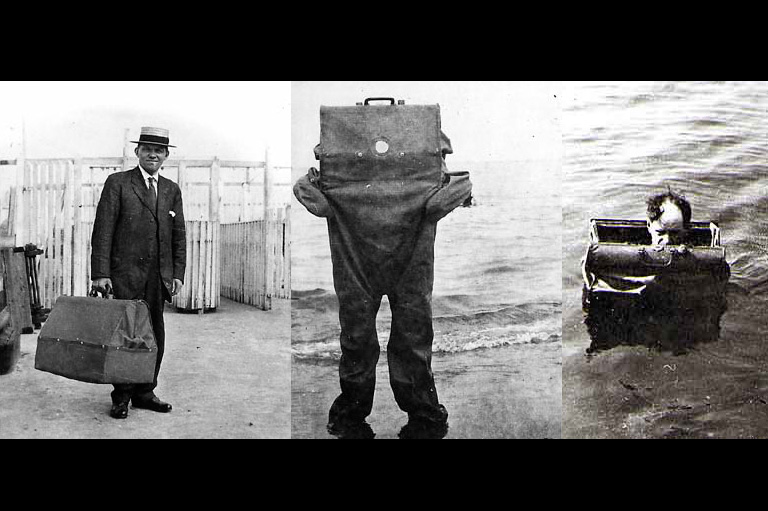Game on!

The video game industry today is worth billions, and the games themselves are ubiquitous, found on consoles, and computers, and cellphones everywhere.
But few gamers realize that the world’s first publicly playable computer game premiered in Canada. Bertie the Brain, invented by the Austrian-Canadian engineer Josef Kates, was a four-metre-tall arcade game that debuted at the 1950 Canadian National Exhibition in Toronto. Powered by an Additron tube — a type of miniature vacuum tube patented by Kates in 1951 — Bertie allowed visitors to play tic-tac-toe against a computer with adjustable difficulty. Players pressed a keypad to illuminate their moves, and Bertie’s rudimentary artificial intelligence, in turn, blocked them until it achieved victory.
Kates, who would have turned one hundred this year, was born in Vienna on May 5, 1921, to a Jewish family. The rise of the Nazis, along with Germany’s annexation of Austria in 1938, forced Kates and his family to flee the country. They eventually arrived in England, where Kates applied to serve in the British military but was instead deported to Canada as an Austrian “enemy alien.” In Canada, he spent two years in an internment camp in New Brunswick that also held anti-Jewish Nazi sympathizers. While interned, Kates studied for his high school equivalency and achieved the best results in the province.
After his release in 1941, he moved to Toronto, married, and received his Ph.D. in physics from the University of Toronto. Kates became the chairman of the Science Council of Canada in 1968.
His career saw numerous successes, including designing the world’s first automated traffic signalling system for Toronto, creating a computer program that alleviated the overcrowding of boats in the Welland Canal, and, of course, Bertie the Brain. In 2011, Kates was appointed a Companion of the Order of Canada. He died in 2018 at the age of ninety-seven.
March 20, 2021, marks the seventieth anniversary of the patent registration of Kates’ Additron tube. While it was a significant contribution to the early history of video games, the Additron tube was never commercially implemented because it was soon made obsolete by the invention of transistors.
Themes associated with this article
Advertisement




